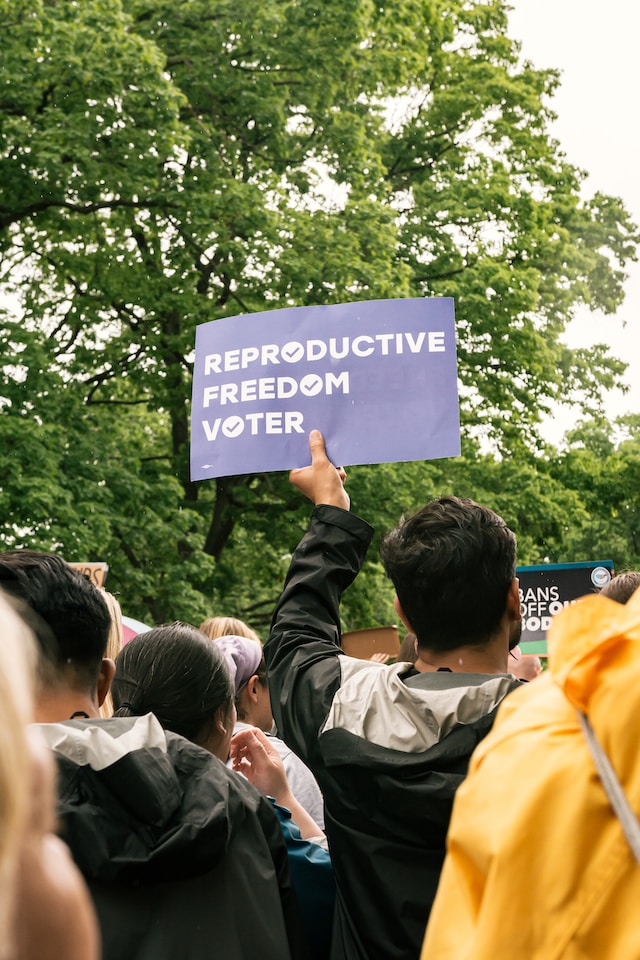Introduction: In a move that has ignited a nationwide conversation on reproductive rights, the South Carolina Senate recently made headlines by passing legislation that significantly restricts access to abortion in the state. This controversial decision has raised concerns among advocates for women’s reproductive healthcare and has underscored the ongoing battle between those who support a woman’s right to choose and those seeking to limit abortion access. This article aims to delve into the South Carolina Senate’s decision, examine the key provisions of the legislation, and explore the potential implications for women’s reproductive rights in the state.
- The Legislative Measures: The South Carolina Senate’s decision centers around a newly enacted bill that places substantial restrictions on abortion access. The legislation bans abortions once a fetal heartbeat is detected, which typically occurs around six weeks into pregnancy. Exceptions are only allowed in cases where the mother’s life is at risk or in situations involving rape or incest. This timeframe poses a significant challenge for women seeking abortions, as many are unaware of their pregnancy at such an early stage.
- The Arguments of Supporters: Advocates of the abortion restrictions argue that the legislation aims to protect the sanctity of life and promote a culture that values unborn children. They contend that a fetal heartbeat signifies the presence of a living being deserving of legal protection. Supporters hope that these measures will lead to a reevaluation of existing legal frameworks, including the landmark Roe v. Wade decision.
- The Concerns of Opponents: Critics of the South Carolina Senate’s decision view it as a direct attack on women’s reproductive rights and bodily autonomy. They argue that such restrictive legislation undermines a woman’s ability to make decisions about her own body and places undue burdens on marginalized communities with limited access to healthcare. Opponents fear that the legislation will lead to unsafe and illegal abortion practices or force women to seek reproductive healthcare outside of the state.
- Legal Implications and Potential Challenges: The passage of the South Carolina abortion restrictions raises significant legal questions and potential challenges. Similar laws enacted in other states have faced legal battles, with outcomes varying across jurisdictions. The fate of the South Carolina legislation may ultimately rest on the decisions of state and federal courts, including the potential involvement of the Supreme Court.
- The Impact on Women’s Access to Care: Should the abortion restrictions take effect, the impact on women’s access to abortion services in South Carolina would be substantial. The limited timeframe allowed for abortions could lead to increased barriers and reduced options for women seeking to terminate a pregnancy. The legislation particularly affects those who face economic challenges or lack resources to travel outside the state for reproductive healthcare.
Conclusion: The South Carolina Senate’s decision to restrict abortion access marks a significant development in the ongoing battle over women’s reproductive rights. The clash between those advocating for a woman’s right to choose and those seeking to limit that right has intensified. As legal challenges loom and public debate escalates, the impact of these restrictions on women’s reproductive healthcare in South Carolina remains uncertain. The outcome of this struggle will have repercussions not only within the state but also across the broader landscape of reproductive rights in the United States.




